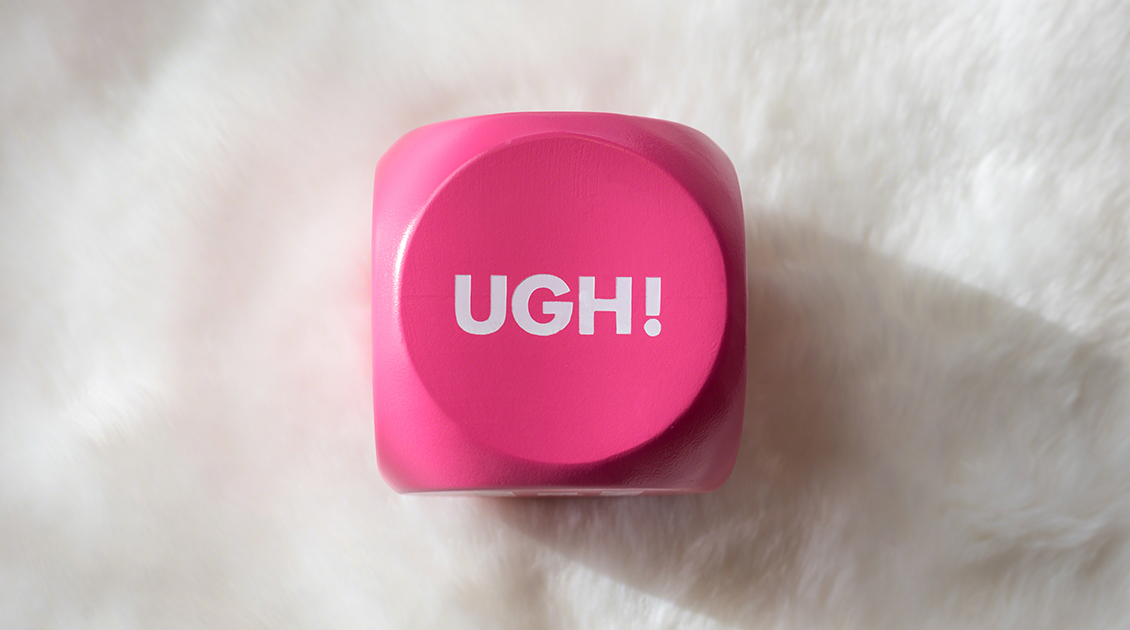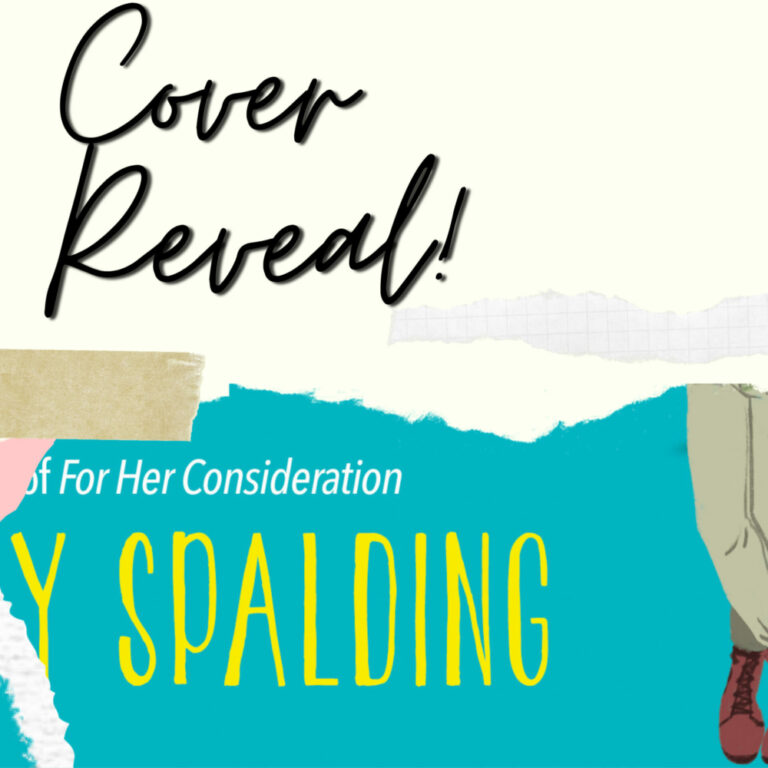I’ve actually never been one to take the bait and get into a fight about what I read. The concept of “guilty pleasure” reads? Don’t get it. The thought actually makes me cringe. Don’t worry, it’s on the inside where you can’t see it (usually), but you should know that it’s happening. Bottom line: I’ve never felt guilty about what I read or what I write. Ever. No, really. Not ever. And no matter what nonsense someone spews at me that fact will not change.
I’d stop the article here because that really says all I wanted to point out, but that seems kind of short on words, so I’ll continue.
Maybe it’s my age or my general laziness or the fact I’m usually too busy procrastinating by marathoning television shows to engage, but I no longer have the energy or the will to debate the merits of romance novels with people who don’t read them. There, I said it. Part of the problem is the argument is so lopsided. One of us (not me) generally isn’t familiar with the genre at all. This uninformed but very determined person is overloaded with an interesting trifecta of preconceived notions, misperceptions and bad metaphors. The term “ripped bodice” is almost guaranteed to make an appearance. Inevitably, the person making this anti-romance argument is armed only with the backcover blurb from a 1980s romance they found on their grandmother’s bookshelf as evidence. That is their sole experience with the genre yet they, for whatever reason, feel empowered to debate the genre.
[Imagine me snorting here]Since you might not be as old, lazy or procrastination-prone as I am, you might decide to respond. I get it. You should if you want to. Don’t let anyone tell you to sit down. And know that I am on my couch cheering you on. I can also offer some tips for possible ways to handle this unwanted battle you’ve taken on. I’m not saying these are the best ways to deflect someone coming at you with a barreling busload misinformation, but these options do tend to be effective.
When faced with someone who feels obligated to explain to you why what you read is a bad thing for you… yes, sigh… I’ve found two possible responses work best. First, if you are looking at this person – like, actually looking at a real person standing in front of you and not just engaged in one of the weekly romance-novels-ruin-women debates on twitter – then I find an eyeroll is most effective. Now, I know what you’re thinking. This isn’t strong enough. But I’m not talking about the sort of eyeroll you give your partner when they want unlimited praise for unloading the dishwasher. I’m talking about one of those dramatic, headache-producing, a-teen-would-be-jealous, type of eyerolls. I’d insert a gif here that perfectly shows what I mean, but you’ve all seen this. You’ve likely performed this move once or twice. So, you know what I’m talking about.
Second, if either the eyeroll didn’t get the desired response (that response being to make the person you’re talking with slink away in shame) or you’re not actually facing the person and are, in fact, engaged in some sort of social media back-and-forth, because those are always a good use of your time, you have a second option. This one is especially effective in person but it also works on social media… and if it doesn’t, that’s what the block function is for. That second option? You respond with this: What is the matter with you? The more incredulous you sound, the better. In print, this can be achieved by the extreme overuse of exclamation points, something I do not advise in any other instance, but the tactic works here. No one wants to be confronted with that question. It tends to make them stammer, which means you win. Or it makes them angry and stomp away (digitally or literally), which is an even bigger win.
Why are we talking about this at all? Excellent question. Now you’re starting to see my point in the first paragraph. I mean, does James Patterson have to debate the relative value of mystery writing or defend what books he keeps on his nightstand? I’m guessing no. It’s an educated guess based on the overwhelming lack of articles about how mysteries, horror and science fiction novels are bad for men. About how these genres give men unrealistic expectations. Fact is, no one tries to “save” men from their reading choices. But complete strangers feel comfortable doing that for many romance readers. To borrow a phrase I heard people use while I was going to law school in North Carolina – how precious.
Now, we could engage in a long discussion about genres written mostly by men versus the response to those written mostly by women. You can see it, right? We’d give example after example about how romance faces a distinct sort of backlash while other genre fiction writers don’t. We’d point out that romance is a written mostly by women for women. You’ve heard it all before. I’m going to refrain from verbally vomiting it again here because all of those arguments, while correct and completely valid and appropriate to make, flip us into defense mode. And I’m kind of done with that. If you want me, I’ll be working my way through the few hundred programs saved on my DVR.












